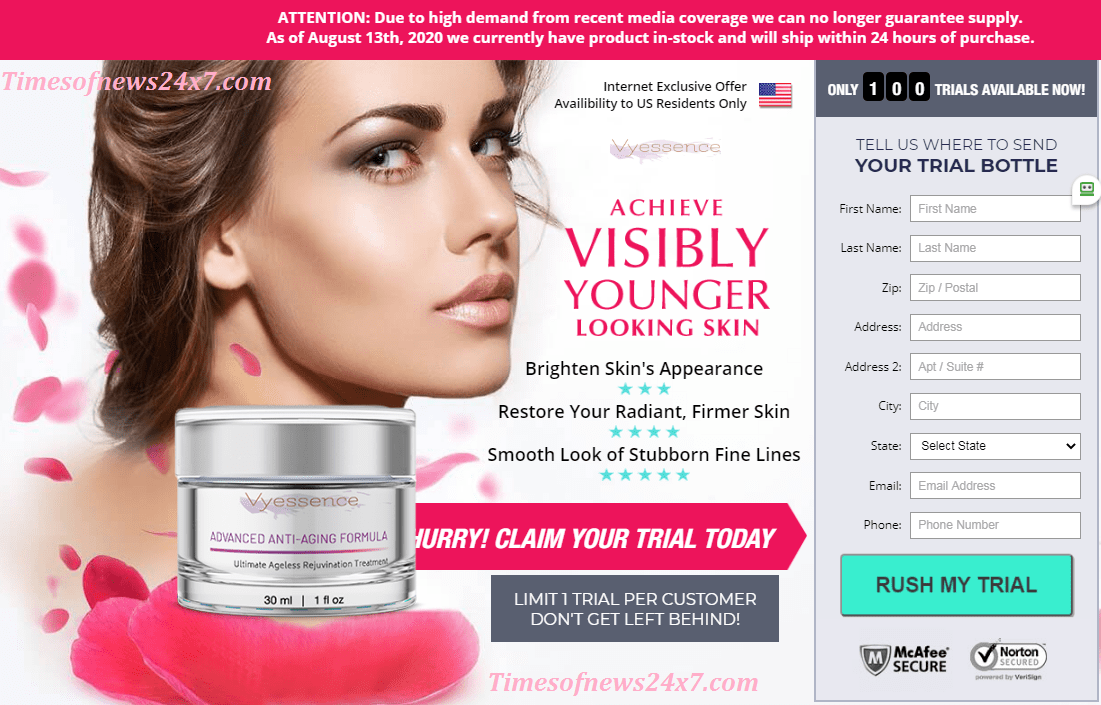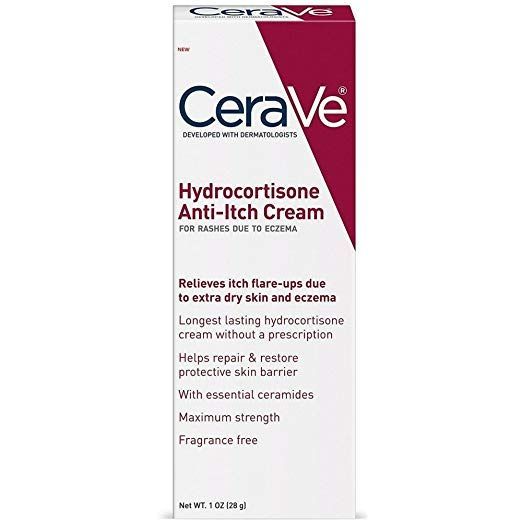


Because you apply topical testosterone directly to your skin, you may develop a reaction at the application site. The most common side effects of topical testosterone are skin reactions. While topical testosterone can be helpful to males with hypogonadism, it can also cause unexpected topical and hormonal side effects. You also shouldn’t use topical testosterone if you have: While testosterone is not known to cause prostate cancer, it may fuel its growth if already present. If you have a history of such conditions or are considered at high risk, talk with your doctor about whether topical testosterone is safe for you to use.Īdditionally, topical testosterone may not be recommended for males with a history of urinary issues, or for those at high risk for prostate cancer. While the data on the relationship between heart disease and testosterone replacement therapy is conflicting, prescription testosterone products may increase the risk of heart attack and stroke.

The FDA strongly advises against the use of topical testosterone for such purposes, due to potential cardiovascular risks associated with these products. However, such products aren’t intended as a treatment for lower testosterone levels as a result of aging. Topical testosterone is a treatment for hypogonadism that may occur with age. However, some people prefer compounded testosterone creams (where a pharmacy mixes testosterone with a creamy base), because they find them easier to use and less likely to be transferred by touch. The Food and Drug Administration (FDA) has approved topical testosterone in gel form. It’s used to treat hypogonadism, a condition of having low testosterone that can be caused by Klinefelter’s syndrome, primary testicular failure, or undescended testicles among other conditions.

Topical testosterone is a prescription drug that’s applied to your skin. Your testosterone levels typically peak in early adulthood and slowly decrease with age. The hormone also helps maintain male features such as muscle strength and mass, facial and body hair, and a deepened voice. It helps the male body develop sex organs, sperm, and sex drive. Testosterone is a typically male hormone that’s mainly produced in the testicles.


 0 kommentar(er)
0 kommentar(er)
